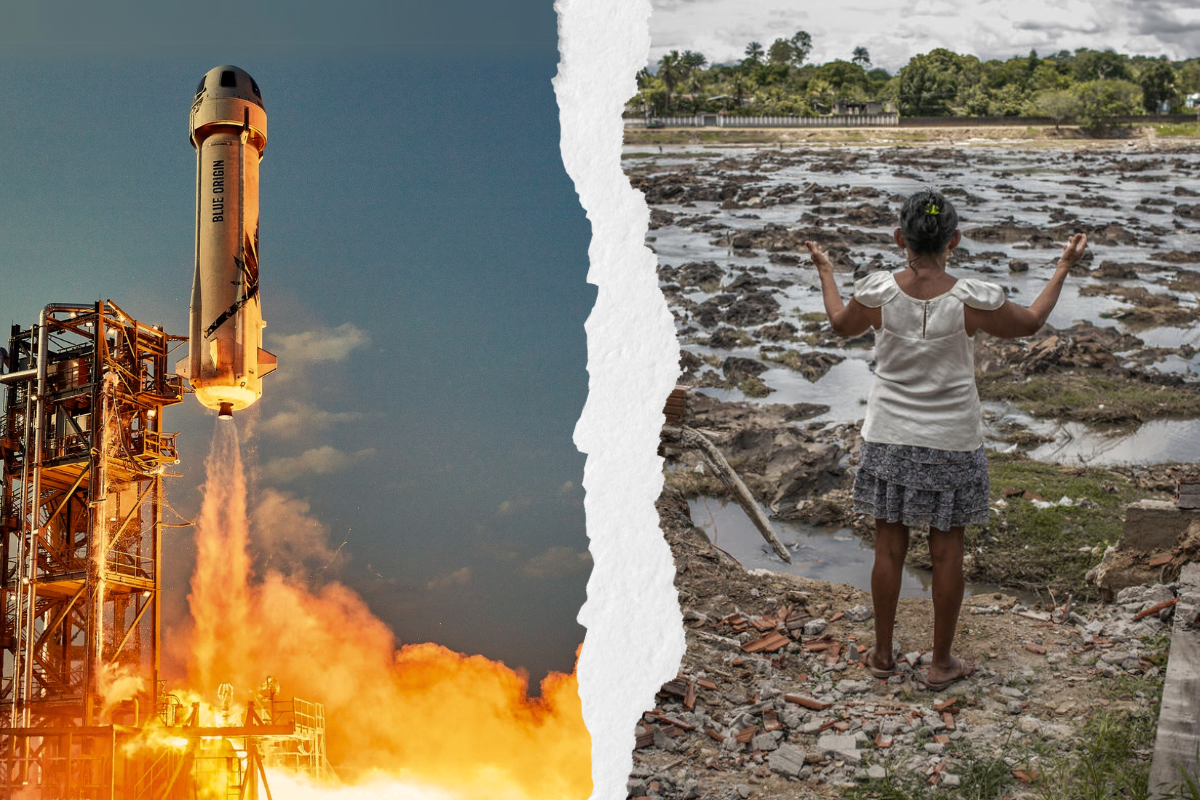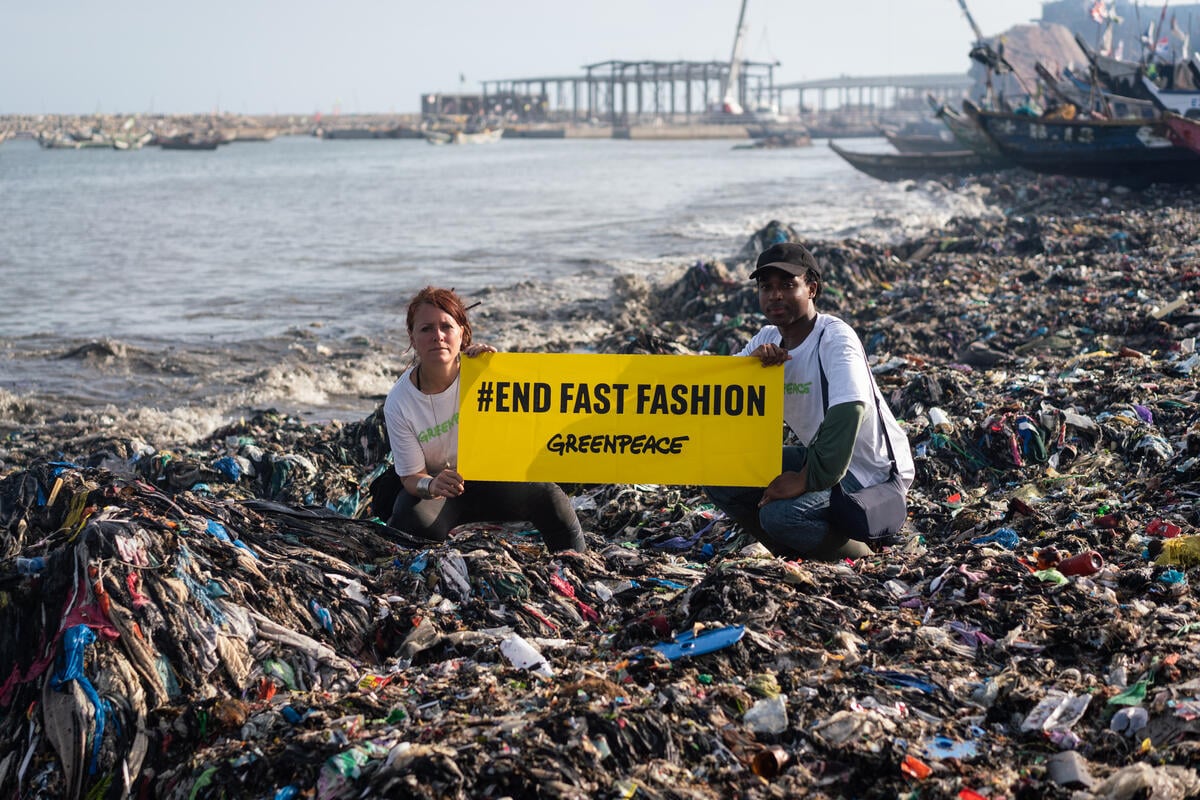Plastic pollution is everywhere. Starting as toxic fossil fuels, then ending up from beaches in Southeast Asia to the remote Antarctic, corporate throwaway culture is harming communities, animals like turtles and seabirds and possibly human health.
In response to this global environmental crisis, a growing movement—the Reuse Revolution—is already finding real and innovative solutions focused on reusing sustainable materials instead of throwaway plastics. Communities, progressive businesses, and local governments are stepping up with solutions centered around reduction and reuse. There are zero-waste cities, water refill stations at more airports and other public places, and even discounts at some retailers for bringing your own bags and at coffee shops for bringing your own reusable mug. There are markets full of plastic-free produce and grains that have been around for decades, and new zero-waste shops popping up around the world.
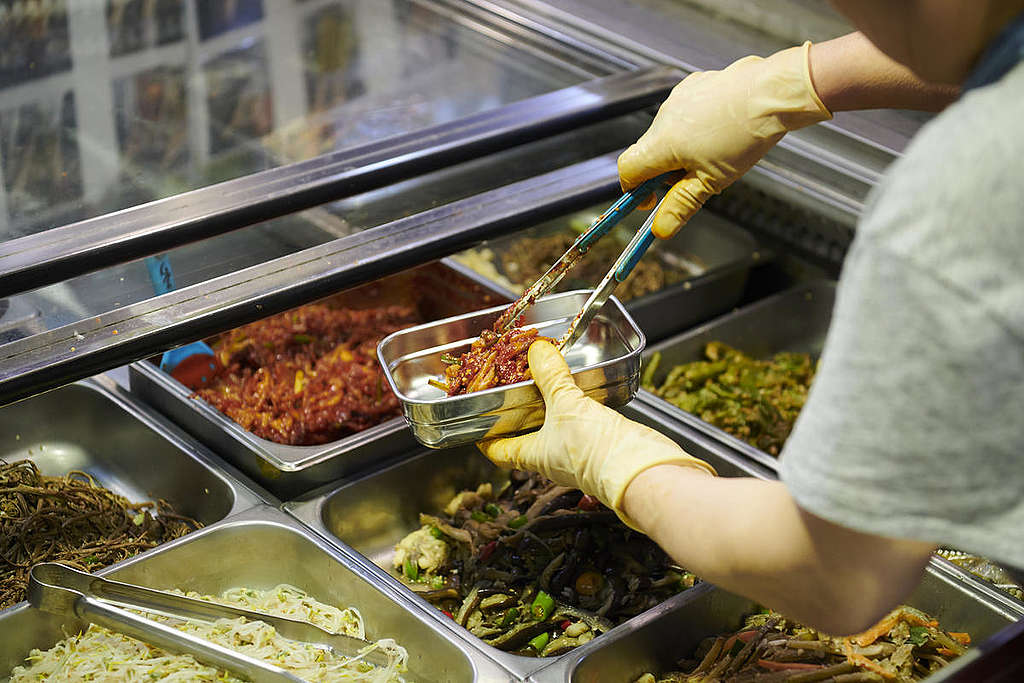
The Reuse Revolution is underway. And you are a part of it, even if you may not have realized it yet. When you shop at places where you know you can get what you need without plastic. When you take your reusable bottle with you when you travel. When you bring your own bag and shop at the farmers market. When you intentionally replace throwaway plastic with reusable solutions. And, most of all, when you ask companies to do the same.
All these actions, gathered up and multiplied, are providing the counter power to the corporate controlled system built on throwaway packaging.
Thanks to pressure from millions of people like you, companies are finally admitting they helped create this crisis. Some of them are even making commitments they say will help solve it. But so far, corporations are mostly pushing false “solutions”—switching to other throwaway materials like paper or bioplastic, relying more heavily on the already broken recycling system, even investing in harmful chemical recycling and incineration—to justify their addiction to single-use packaging. These alternatives will only continue to harm the environment.
Industry’s narrative around individual responsibility and false solutions is coming to an end. The only way forward for them is to join the Reuse Revolution. And those that don’t will become increasingly irrelevant in a world where people aren’t willing to sacrifice a liveable planet for the illusion of ‘convenience’. So what do the right kinds of solutions look like? We put together this list of criteria to help guide companies like Nestlé to move in the right direction.
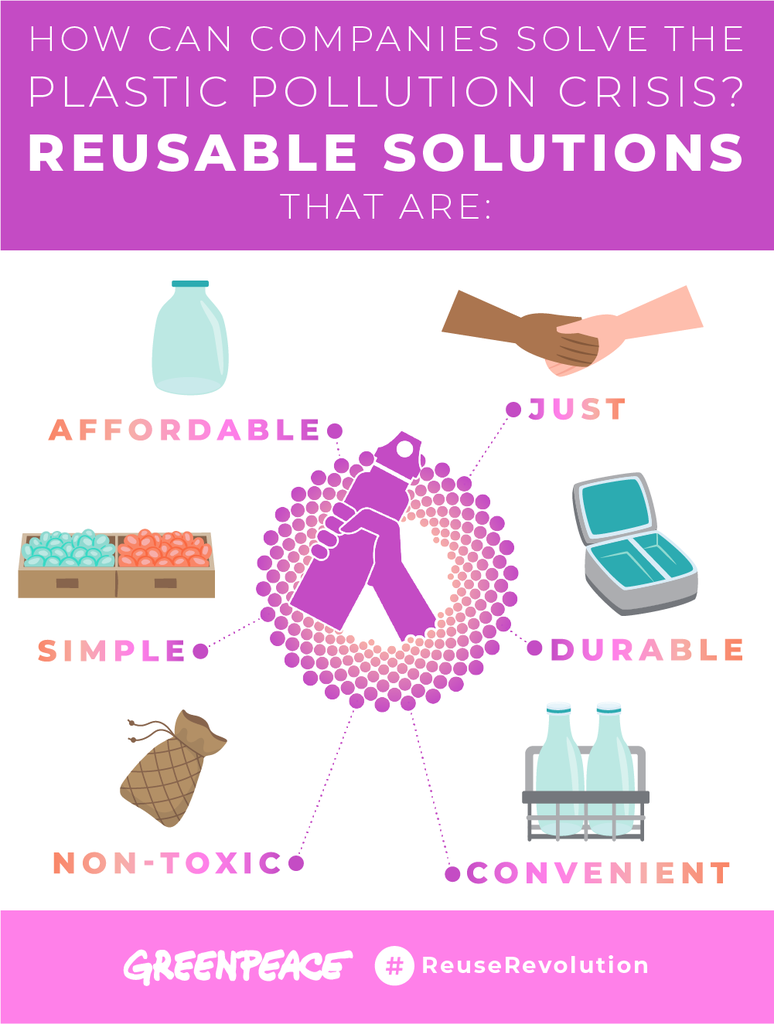
The only way we’re truly going to solve this crisis is by demanding that corporations reduce their plastic footprints, move away from the throwaway business model, and start investing in refill and reuse as the way toward a sustainable future.
Graham Forbes is the Global Project Lead for the Plastic-Free-Future Campaign at Greenpeace USA
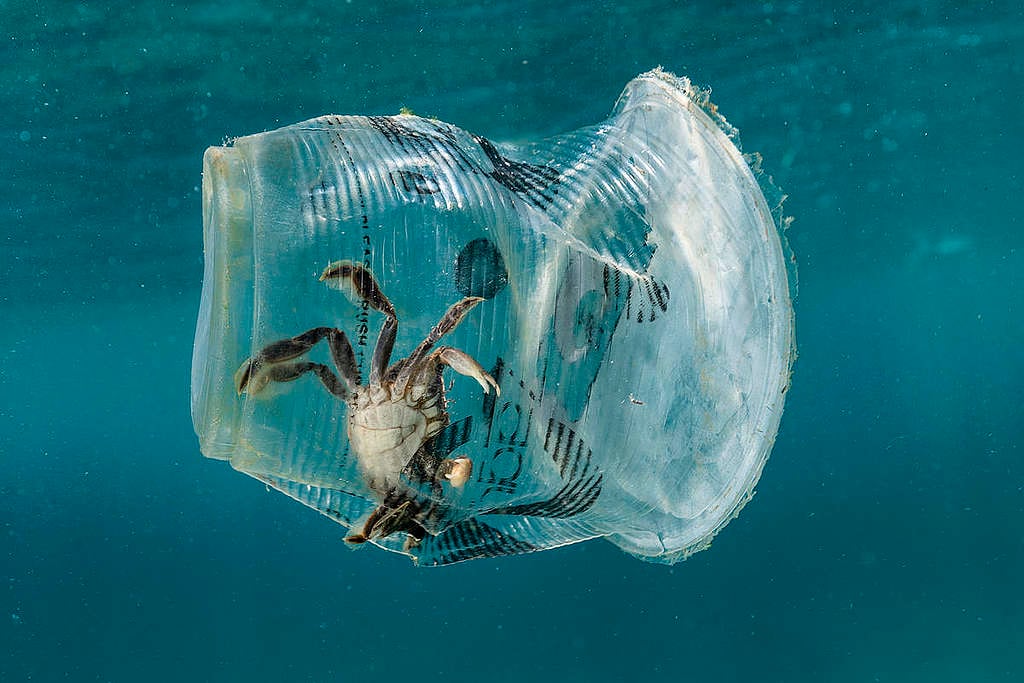
Ask world leaders to support a strong Global Plastic Treaty that addresses the whole life cycle of plastic.
Take action
